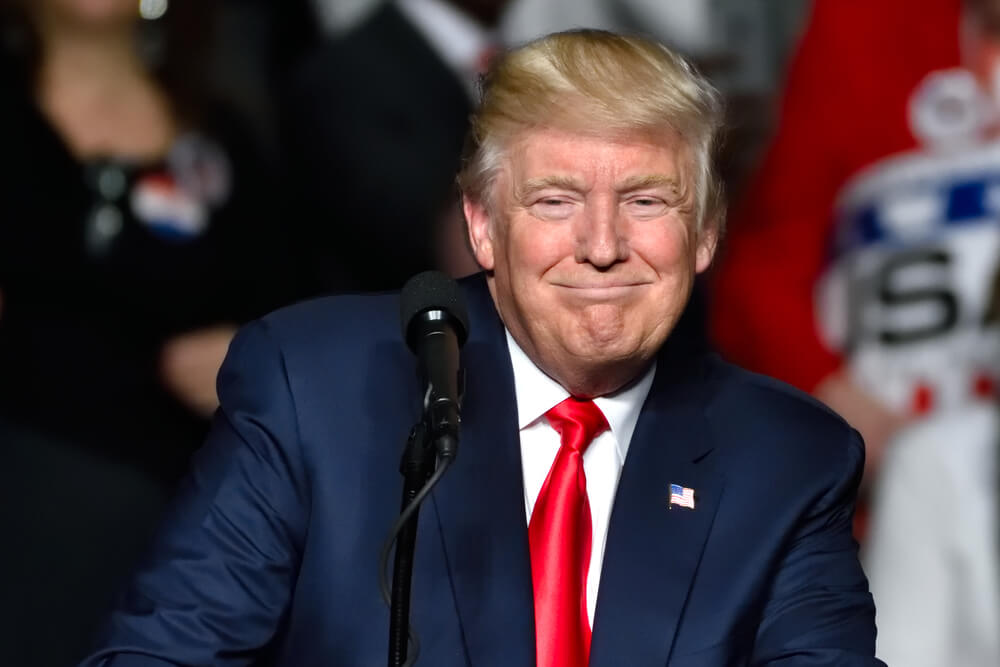President Donald Trump plans to sign the government spending bill and later declare a national emergency in order to bypass Congress to get funding for his long-promised wall on the border between the United States and Mexico.
“President Trump will sign the government funding bill, as he has stated before. He will also take other executive action — including a national emergency — to ensure we stop the national security and humanitarian crisis.”
The move ends a two-month war between Republicans and Democrats that included the longest government shutdown in U.S. history, which lasted 35 days and saw 800,000 federal employees either furloughed or working without pay.
“President Trump will sign the government funding bill, as he has stated before. He will also take other executive action — including a national emergency — to ensure we stop the national security and humanitarian crisis,” White House Press Secretary Sarah Huckabee Sanders said.
“The President is once again delivering on his promise to build the wall, protect the border, and secure our great country.”
In declaring a national emergency, Trump will attempt to access money for the wall that Congress has not explicitly authorized, a move that will certainly face stiff legal challenges while also expanding presidential authority.
The case from critics against calling a national emergency will argue that Trump is flushing two centuries of congressional control over government spending, and engaging in presidential overreach.
Trump reportedly disregarded objections raised by Republicans, including Senate Majority Leader Mitch McConnell. Conservative lawmakers say such a move will set a bad precedent for a liberal president to do the same thing down the line.
For example, a Democrat president could call a national emergency and bypass Congress to enact strict new gun laws, or could sign Alexandria Ocasio-Cortez’s “Green New Deal” into law simply by declaring climate change a national emergency, using Trump’s border wall move as precedent.
The declaration also could provoke a constitutional crisis between the president and Congress.
Article I of the Constitution reads: “No money shall be drawn from the Treasury, but in consequence of appropriations made by law.”
But Congress also has put laws on the books allowing a president such authority in times of national emergency, which Trump and White House lawyers will argue is now. Another law permits the secretary of the Army to send troops and resources to help build projects essential to the national defense, such as a border wall.
Such arguments will be made by both sides in a fight that could end in the Supreme Court, likely years from now. The Supreme Court currently has five Republicans and four Democrats, though, justices even in recent years have shown a particular disdain for presidential overreach.
Editor’s note: Is this the right move, even considering the consequences that could come down the road when a Democrat wins the presidency and has the power to do the same thing? Share your thoughts below.




